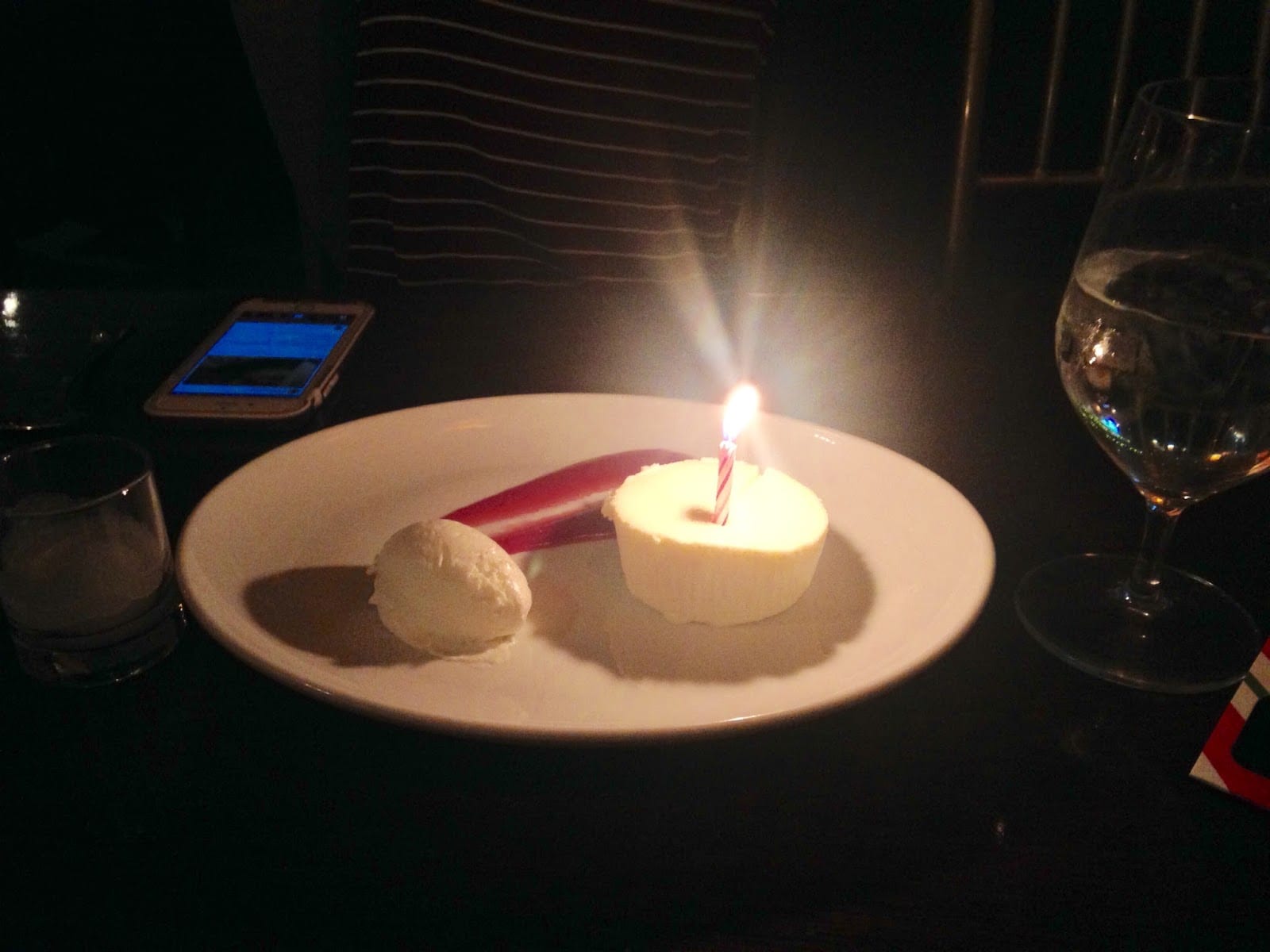Twice this week I’ve heard stories of hateful verbal attacks in public. I am quite certain that there have been dozens and dozens and that these are only two that I have encountered in the news, but it makes me think about how we ever came to the place where we believed in our inalienable right to share every trivial opinion loudly and vehemently.
The first incident was a woman (I confess, I can’t recall whether she is Muslim or not) traveling on a bus who endured much hollering from a white man, telling her to “go back home” and “get out of our country.” Of course, as it turns out, she was born in the US but, apparently because she is half-Iranian, this man assumed she was both a foreigner and a terrorist, and none of the other passengers on the bus intervened on her behalf. It was only when she could take no more and decided to yell back at him and defend herself that the bus driver finally kicked him off the bus. The second involved a woman in Southern California who was driving her two small children somewhere during the day as she wore a hijab. A man in a large truck sped up next to her car, flipped her off and began spewing curse words at her, intimidating her by swerving his truck next to her car and honking before he finally turned a corner and drove away. She made it clear that the things he was hollering were in regards to her hijab and not her driving skills.
As I think about these stories and consider the number of times I’ve been spoken to in a rude or hateful way by a total stranger, I am left wondering who ever told us that it was okay to talk to other people like that? I am a supporter of free speech, but to me, free means that we are open to expressing our ideas and beliefs in a way that encourages discourse, understanding, and education. Free doesn’t mean unfiltered, unnecessary blathering. I frankly don’t care if you, man-on-the-sidewalk, like my outfit today, or the way my ass moves in my skirt. It isn’t important to me whether you think someone’s Spandex shorts are “gross!” or that guy’s purple mohawk is “faggy.” I’m pretty sure nobody else cares, either. Even if you’re going for a laugh, it isn’t funny. It’s just obnoxious.
What makes us think that our opinions are so important that everyone needs to hear them all the time? Even if you are a person who is nervous around those who practice the Muslim faith, I don’t think it’s important to share that on a bus, especially not in a way that feels threatening to others. I even feel like it is your prerogative to share your off-the-cuff thoughts (and true beliefs) in your social media feed – fine, go ahead. But directing your snotty or disparaging opinions or, worse, propositions or hate speech, at one particular person or group of people does nothing but make you a bully and a narcissist. Maybe you like Donald Trump enough to emulate him in public, but it is really unnecessary. The world doesn’t need more of that.
Perhaps two simple guidelines can help here.
- You don’t need to say every single thing you think. Honestly. If it isn’t going to make the world a better place, if you haven’t been asked for your opinion, if it isn’t kind or supportive, maybe it ought to just stay inside.
- Your thoughts are not facts. I know, sometimes that’s hard to wrap your head around, but just because you think something doesn’t make it right. There are many, many things we can’t know about other people’s lives and circumstances, and if you’re at all unsure of whether or not you know for certain that there even IS a “right” and “wrong” in this particular case, maybe it ought to just stay inside.



